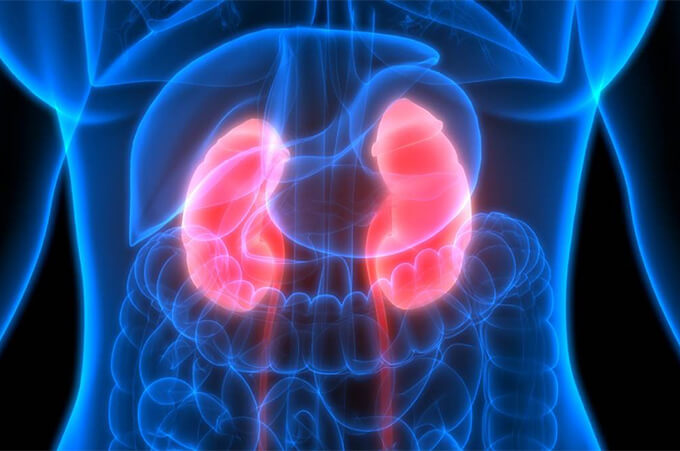The two types of diabetes are pretty commonly known, and most people are aware of the significant causes and symptoms of this growing complication. However, fewer people understand exactly how diabetes affects your kidneys along with the other vital organs in your body. There is a reason why 25% of those diagnosed with diabetes also develop kidney disease later in life.
Diabetes can keep your kidneys from functioning as they are intended, putting your body at risk for toxin poisoning and other deadly effects. Learn more about the relationship between diabetes and your kidneys before you schedule your next appointment with your specialist for diabetes.
Diabetes and Kidney Disease
In order to seek adequate treatment for diabetes and reverse permanent damage that could be done to the kidneys, it is vital that you understand the relationship between these two conditions. Diabetes has direct effects on your kidneys, which in turn can set the stage for kidney disease. Let’s take a closer look:
What is Diabetes?
Diabetes is a condition classified by the body’s inability to produce insulin in regular amounts. Insulin directly controls the levels of sugar in your blood which, when raised too high, can have drastic effects on your heart, lungs, kidneys, and other organs.
Most people with diabetes can be put into one of two types: Type 1 diabetes starts at a young age, whereas Type 2 Diabetes can start later in life and is due to dietary habits.
What is Kidney Disease?
Kidney disease can be caused by any sort of damage being done to the kidneys. Some of the primary functions of your kidneys include keeping your bones healthy, removing waste from the body, making red blood cells, and keep the body’s fluids and pressures regulated. A diagnosis of kidney disease means that your kidneys are damaged and cannot perform these functions well, or at all.
How Diabetes Damages the Kidneys
Why is there such a strong connection between diabetes and the risk of kidney disease?
Several factors can determine whether or not diabetes has an effect on the kidneys. Many people with diabetes have developed diabetic nephropathy, which spells out kidney damage as a result of your diabetic symptoms.
Diabetes slowly and gradually damages the kidneys by making them unable to filter out toxins from your body. Without being able to properly get rid of waste, your kidneys may end up getting poisoned and poisoning the rest of your body as well.
If left untreated, kidney disease can result in kidney failure, which can be deathly if you do not visit a specialist right away.
Diabetic Effects
Diabetes can cause problems with:
- Your body’s nervous system. Diabetes can damage the nerves that send messages along your body, blocking your kidneys from receiving the right signals.
- Your blood. Since the kidneys produce and regulate blood cells and vessels, severe symptoms of diabetes can interfere with this routine and cause some serious issues to your blood levels.
- Your urinary system. Kidneys help you filter out waste in the form of urine, and diabetic damage can cause a urinary tract infection.
Keep Your Kidneys in Good Health
If you have been diagnosed with diabetes and are wondering about the best next steps, consider a visit to our kidney doctor in Los Angeles to reduce the risk of diabetic nephropathy. There is a direct correlation between the symptoms of diabetes and negative effects on the kidney, making long-term treatment plans vital. Reach out to our specialists today to learn more about how you can prevent kidney disease while keeping your diabetes symptoms at a manageable level.

